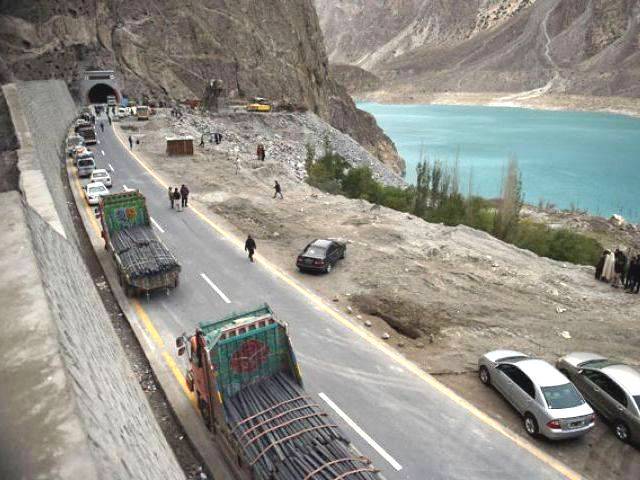In June 2015, barely two months after Chinese President Xi Jinping announced plans to invest $46bn to develop infrastructure and energy projects in Pakistan as part of the CPEC, India’s Prime Minister Narendra Modi told China that it was “unacceptable”. The regressive comment by the Indian PM serves as a reminder that our neighbours still have a hard time negotiating the concept of state sovereignty and the idea of a peace built on economic prosperity.
Prime Minister Nawaz Sharif, on this way back from Turkey, told the media that he does not see any indication that the United States and West are engaged in destabilising the CPEC and this can probably be agreed with. Out critics and saboteurs are regional, and the US and its allies are too mired in their own domestic squabbles as well as the situation in the Middle East to try to sabotage the CPEC, and risk making further enemies in the east.
Even with the terrorist incidents of this month, with attacks in Punjab and Sindh, our economic projections look good. A recent article in the Washington Post went against the trend of cynicism, saying that the Trump administration policymakers are fixated on the terrorism threat and “just might miss this extraordinary opportunity”. Pakistan may soon be known as an “emerging market”, and join the ranks of economies like Turkey, Brazil, China and India. Pakistan is even part of a new post-BRICS acronym of rising economies: VARP, for Vietnam, Argentina, Romania and Pakistan.
While corruption, debt, income inequality and terrorism make the rise harder, Pakistan is hardly in the darkest of its times. This is what India is really afraid of- economic prosperity across the border. It confirms their fears that without India, Pakistan could survive and flourish, that economic growth in Azad Kashmir will damage their claim to the territory. If the international community supports India in this, it means they want to deny the Kashmir’s their right to an economy. The territory of Kashmir, for all practical purposes is under our care. To share the benefits of a national project is only fair. Just because their territorial status is unresolved, does not mean the Kashmiri people should be punished to live in poverty and isolation.
For the people of Pakistan this must be seen as a new frontier in the fight against terrorism. Economic prosperity, and its reach to marginal and peripheral communities, goes a long way in dampening support for militancy and religious extremism. Low unemployment rates, foreign investment, women joining the workforce, crackdowns on corruption- all are correlated with drops in crime and terrorism.






